News
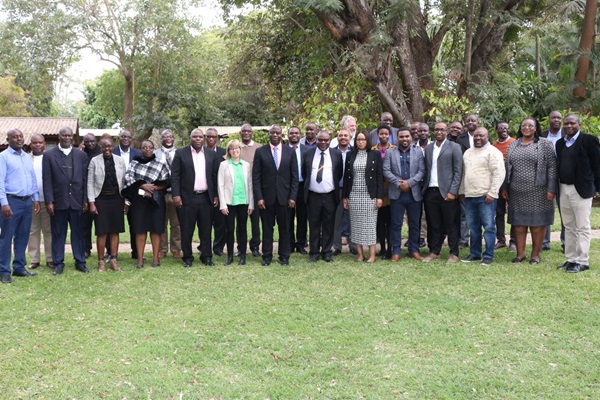
Unpacking climate actions in livestock systems in Zambia
31/08/2023
Multiple stakeholders from Zambia's livestock and climate change sectors recently convened to discuss climate actions in livestock systems during a national workshop organized by FAO in collaboration with the Ministry of Fisheries and Livestock of Zambia. The workshop served as a platform to enhance participants' knowledge of the livestock sector's contributions to climate change and its vulnerabilities and to raise awareness among policymakers and practitioners on these issues.
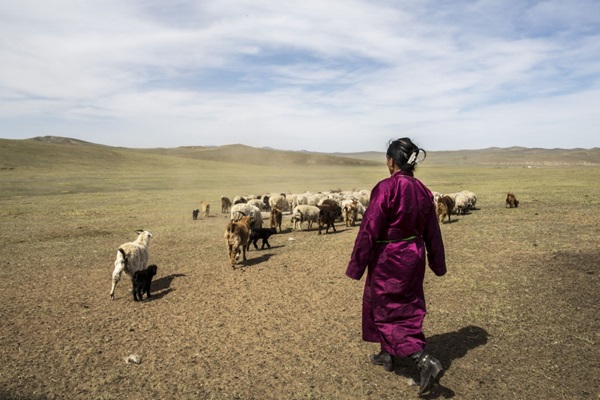
New virtual course focuses on adaptation to climate change in the livestock sector
21/08/2023
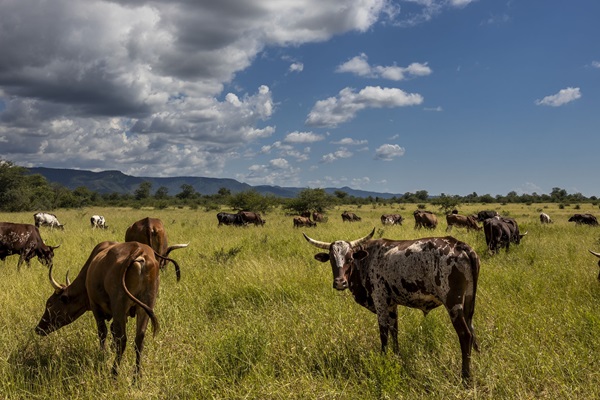
Ready to discuss climate actions in the livestock sector in Zambia
31/07/2023
The livestock sector in Zambia plays a key role in the economy and rural livelihoods. The industry is growing and contributes about 42 percent to the agricultural GDP, employing over 50 percent of the population in rural areas. Despite Zambia’s vast availability of resources, low productivity ...

A collaborative push for climate action: Aligning livestock policies with nationally determined contributions in Kenya
21/07/2023
Aligning livestock policies with the nationally determined contributions (NDCs) is crucial for steering Kenya towards robust climate action. Given the significance of the livestock sector in the economy, Kenya's efforts in mitigating climate change largely depend on this alignment. However, ensuring this synergy is a complex process that necessitates systematic review and strategic planning.

Enhancing livestock climate actions in Rwanda
10/07/2023
Livestock stakeholders in Rwanda recently convened to discuss the outcomes of the assessment conducted on livestock climate actions and the baseline data of greenhouse gas emissions originating from dairy cattle systems. The purpose of this gathering was to explore ways to enhance the country's efforts in mitigating climate change impacts associated with the livestock sector.
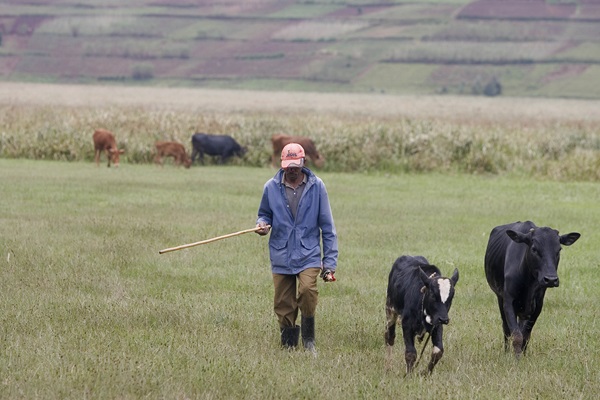
Stakeholders get ready to discuss livestock climate actions in Rwanda
26/06/2023
Rwanda will host a multi-stakeholder workshop to review its livestock and climate policy environment and discuss opportunities to enhance livestock climate actions.
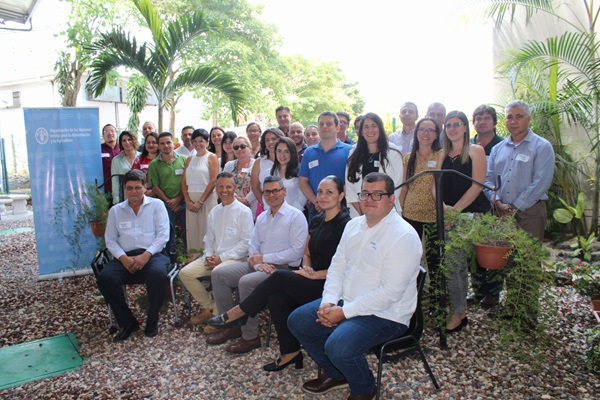
Costa Rica’s breakthrough: Improving methane emission quantification in the livestock sector
01/06/2023
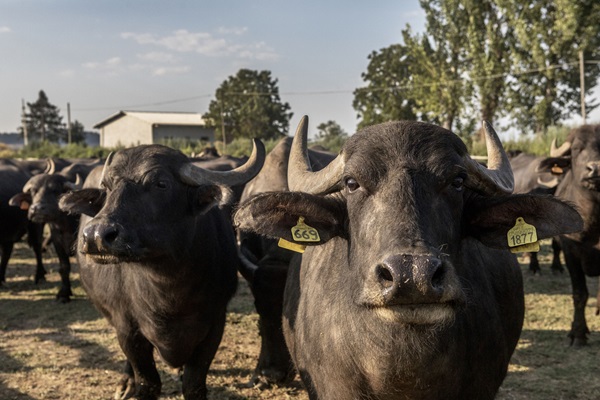
Reducing enteric methane emissions through market-based policy instruments
12/05/2023
A recent FAO study compared the effect of reducing enteric methane emissions using different market-based instruments. Using the FAO Livestock Policy Simualtion Model (LPSM) and taking Uruguay’s dairy sector as a case study, the analy...
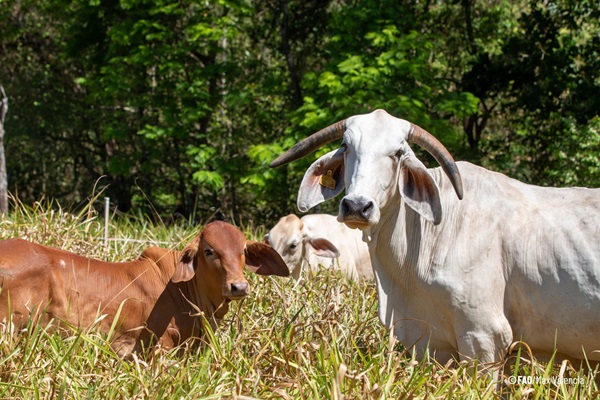
Improving quantification and optimization of methane emissions in the livestock sector of Costa Rica
11/05/2023
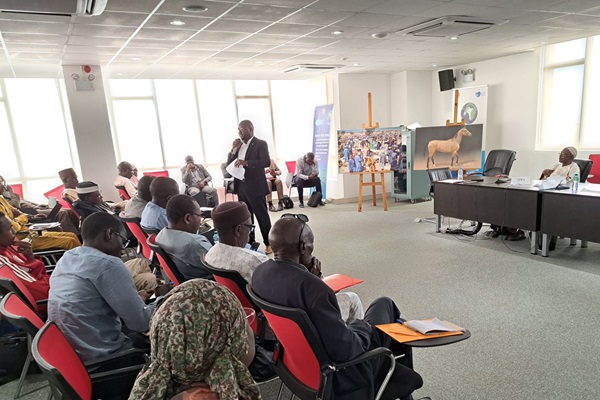
Livestock mitigation and adaptation measures to accelerate climate action in Senegal
26/04/2023
Senegal has recognized the importance of aligning its national determined contributions (NDCs) to national policies and regulations in order to set ambitious and effective climate goals.
The livestock sector in Senegal is one of the main source of methane and other greenhouse gas emissi...
